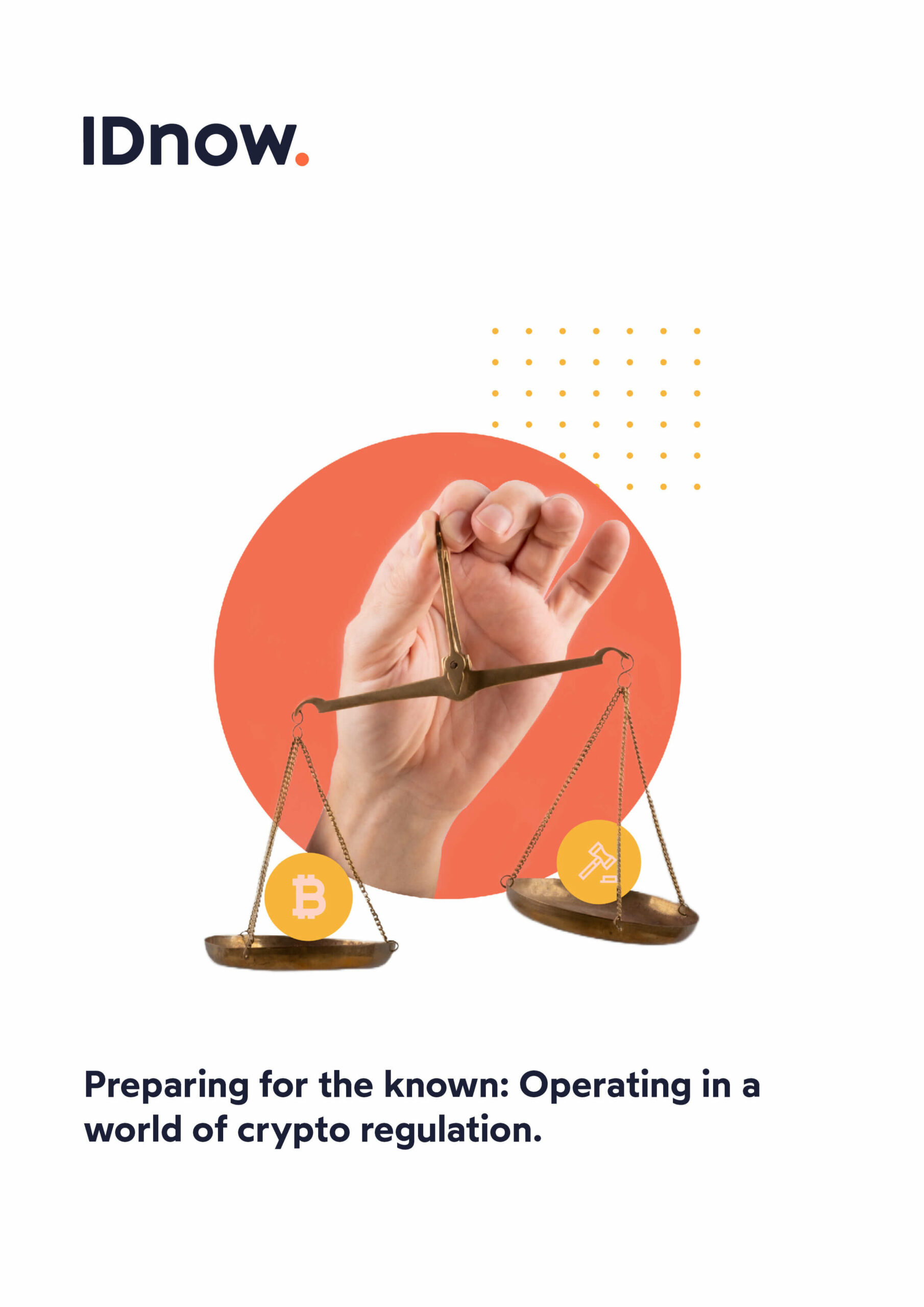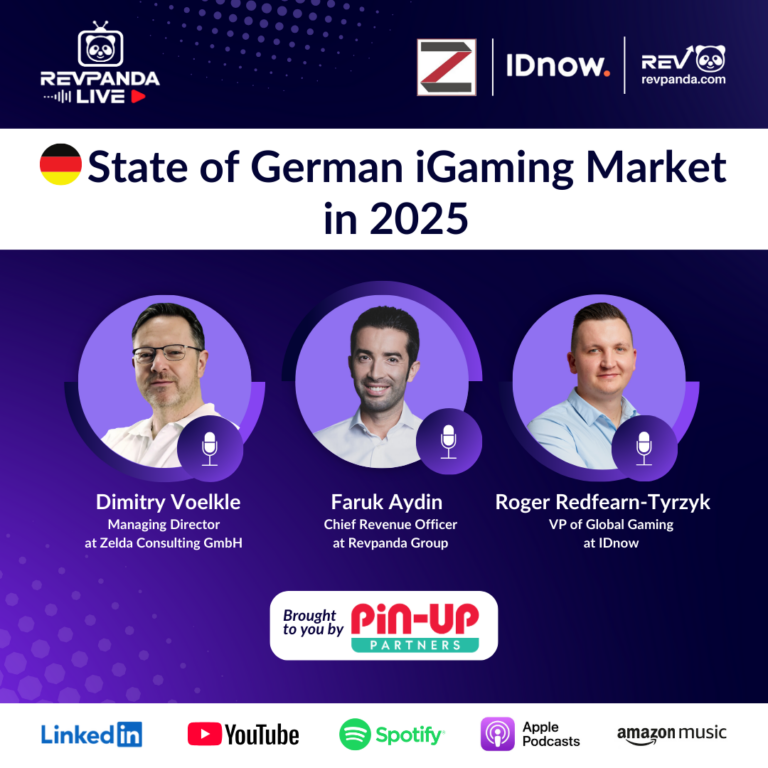The relationship between art and business – both legal and illegal – has transferred to the digital world.
In March 2021, artist Mike Winkelmann, better known as Beeple, sold one of his artworks as a Non-Fungible Token (NFT) at auction house Christies for US$69 million. The sale made him one of the top three most valuable living artists. Less than a year later, the leading NFT marketplace OpenSea kicked off the year with a NFT trading volume of more than $5 billion in January 2022 alone; equalling the total of the whole of 2021. It’s safe to say that NFTs have emerged from the niche. And if that is the case, then now is the time to bring them in the regulatory fold, and implement KYC measures to protect NFT providers and customers from fraud and other types of financial crime.
What are Non-Fungible Tokens (NFTs)?
NFTs or Non-Fungible Tokens are non-interchangeable tokens stored on a blockchain or other form of distributed ledger. The tokens can represent any form or data, from a picture or video to a digital asset in a video game. Due to their unique non-interchangeable traits, NFTs are often compared to traditional collectibles, like playing cards or pieces of artwork – the only difference being that they’re fully digital.
How are NFTs different from cryptocurrencies?
Unlike NFTs, cryptocurrencies are fungible, meaning that every unit is the same. Like with traditional FIAT currencies like EUR, USD and GBP, every monetary unit is equal and interchangeable. In practice, NFTs are usually purchased with cryptocurrencies. In other words, NFTs is the product you are buying, while crypto is the means by which you pay for it.
Where can I buy NFTs, and how are they stored?
There are many dedicated NFT marketplaces, such as OpenSea, Rarible or Nifty Gateway. In addition, many of the established crypto exchanges like Coinbase or Binance are expanding into NFT trading. While some marketplaces also allow you to store NFTs, they are typically stored in a personal wallet. The most popular wallet for storing NFTs is MetaMask. After purchasing an NFT on a marketplace, the token can be transferred to your personal wallet for storage.
Notable NFT projects.
Even though the NFT trend is still fairly new, there are already thousands of ‘projects’, including the below:
| Project name | Description |
|---|---|
| Crypto Kitties | Collect and breed unique kittens. One of the first NFT projects with significant traction. |
| Crypto Punks | Collect unique punk-themed avatars. Popular as a Twitter profile picture. |
| Bored Ape Yacht Club | Collect unique and evolve ape-themed avatars. Popular as a Twitter profile picture. |
| Axie Infinity | Collect and battle. |
| Sorare | Collect digital cards of football players. Over 200 officially licensed clubs. |
| NBA Top Shot | Collectible short video clips from the NBA basketball league. |
Fine art – a long history of money laundering.
Long before NFTs existed, fine art has been used as a store of value, and with that comes a long history of money laundering. Unlike with other assets, like stocks or gold, the value of an artwork is highly subjective to the viewer or owner. Popular paintings are often valued in the double-digit millions with the most famous artworks, like the Salvator Mundi by Leonardo da Vinci, being last sold for more than $450 million. Therefore, artworks, mostly paintings, are perfect for storing, moving and exchanging large amounts of value in a very compact form. Because of this, paintings and other pieces of artwork have long been associated with smuggling and money laundering.
In February 2022, the United States Treasury Department’s Financial Crimes Enforcement Network (FinCEN) published a ‘Study of the Facilitation of Money Laundering and Terror Finance Through the Trade in Works of Art‘ revealing the unwavering risk of money laundering in the industry. (See also: Terrorist Financing)
Why NFTs are attractive for money laundering.
As NFTs are essentially digital artworks, they therefore have the same traits as conventional art. In addition, NFTs come with the benefit of being fully digital, making them much easier to trade and move, compared to physical art. Like with cryptocurrencies, a NFT can be transferred from one wallet or owner to another within seconds.
However, the trait that makes NFTs particularly attractive for money laundering purposes are the volatile prices. While the exchange rate of Bitcoin to EUR follows the market principles of supply and demand, the prices of NFTs are highly speculative. In practice, a NFT that was just bought for €1 can be sold for €1 million the next day. This makes NFTs attractive for laundering money through legitimate transactions.
While blockchains allow the ability to trace these transactions between wallets, without a KYC check, it’s easier than ever to anonymously transfer funds. According to FinCEN, it is for these reasons that the “emerging digital art market” presents an immense threat for potential money laundering and financial crime.
KYC in a decentralized world.
Like with crypto exchanges a few years ago, most NFT marketplaces do not require a KYC process from their users. However, much like with crypto, buying and trading NFTs on platforms without a KYC process can be an immense risk for both users and platform operators alike. Other industries that could benefit from KYC being an essential part of customer onboarding are gaming and holiday rentals. Read more in our ‘Know Your Gamer? It’s time for companies to implement tighter KYC controls.’ blog, and ‘How to protect property owners and guests from holiday rental scams.’ blog.
Which regulations cover NFTs?
Most national regulators are only just catching up regarding the regulation of cryptocurrencies. For example, the EU with the implementation of the 5AMLD extended the coverage of their AML regulations to include cryptocurrencies, and EU’s upcoming crypto regulatory framework, MiCA. However, due to NFTs’ non-fungible traits, they are not necessarily covered in existing laws, and therefore fall into legal and regulatory grey zones.
Why NFT marketplaces should implement KYC & AML procedures.
With rising popularity and especially exploding trading volumes, it’s only a question of time before regulators extend their AML coverage to NFTs. In parallel, the same discussion is happening around decentralized finance (DeFi).
NFT marketplaces and platforms should act sooner rather than later, and proactively add KYC procedures, so they’re ready before AML regulations are adopted.
Discover all about the rise of social media fraud, and how one man almost lost a million euros to a pig butchering scam, involving NFTS and crypto in our blog, ‘The rise of social media fraud: How one man almost lost it all.’
To learn more about how IDnow can fulfill your KYC needs in a decentralized world, visit our crypto industry page or read more about the DeFI world in our ‘Can DeFi and KYC ever peacefully coexist?’ blog.

Jonathan Bluemel
Senior Content & SEO Manager at IDnow
Connect with Jonathan on LinkedIn
Preparing for the known: Operating in a world of crypto regulation.




